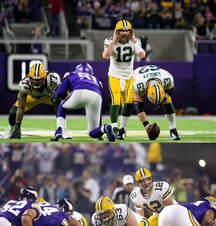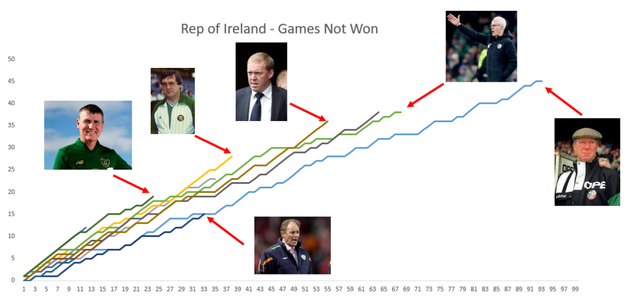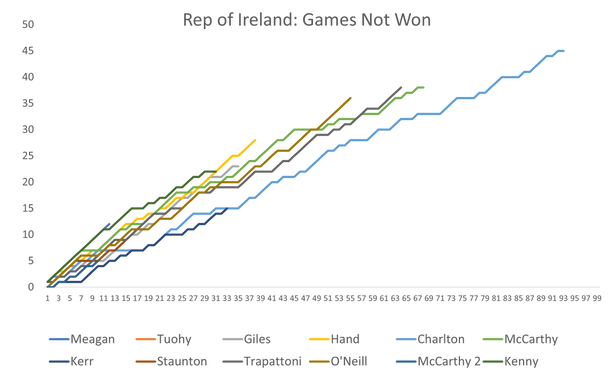We will return on Thursday 27th of July 2023 to mark the 10th anniversary of the first blog post!
|
As is customary at this time of year, we will take our summer break. We hope all our readers have a very enjoyable summer
We will return on Thursday 27th of July 2023 to mark the 10th anniversary of the first blog post! By Robbie Butler
The ESEA Conference comes to Cork in August (see https://www.cubsucc.com/esea-home/). Part of the event includes the ‘Best Young Researcher Paper Award’, which is announced at the conference. Graduate students are invited to submit a full paper (30 pages maximum in APA 7 style incl. references, tables, and figures) by the 15th of July 2023 to Dr Katrin Scharfenkamp (katrin.scharfenkamp@uni-bielefeld.de). You may also submit studies that were not initially submitted for presentation at the conference. (Please note that only the BYRPA winner will present the awarded study at the conference. No further papers can be accepted for presentation.) For a paper to be eligible, all authors of the research paper must be graduate students, and the researcher must agree to present the paper at the conference. The award winner will be announced at the conference dinner. By Robbie Butler Just over a year about a wrote "Rep of Ireland Managers - Past and Present". It attempted to put some context on the performance of managers through time. To repeat It does not control for the opposition, venue, competition, etc. but is rather an overview of all games under each manager. Last year's figure and this year's updated version appear below. The X-axis lists the number of games in charge, while the Y-axis counts the number of games each fails to win. In theory, the "perfect manager" would win every game so the line would be horizontal and at the bottom of the chart. Hence, the steeper the line, the poorer the results. Current manager Stephen Kenny has improved over the past year. With updates, the nine additional games include 4 wins - Kenny's best period in the dugout. The Dubliner is now level with Eoin Hand winning 9 of his first 32 games.
A win in Greece on Friday will move Kenny ahead of Hand and close him in on John Giles record. Giles lasted 36 games, winning 12. Should Kenny fail to win however, he will be lock-and-step with Hand. Hand only lasted 39 games before getting the sack. By John Considine  In the “online first” section of the Journal of Sports Economics there is a fine paper by Alex Farnell. A few of the contributors to this blog had the added benefit of hearing it “in-person first” when Alex delivered it to a workshop in Cork. Reading the paper reminded me of how well the presentation was received at the time. The paper examines the impact of covid-induced changes to crowd sizes on a subset of penalties in the NFL. That is the generic description. A more concrete description would be that the paper examines if it was easier, or harder, for Aaron Rodgers to fool defences with the cadence of his voice during covid. The results show that there was an impact of crowds on pre-snap defensive penalties but not on offensive penalties. It is important to note the choice of penalties. Farnell argues that these are “nondiscretionary penalty calls” and that they are a “far cleaner assessment of player responses to crowd pressure, rather than conflating this with refereeing decisions”. Using the type of foul to separate the decisions of the referees from the decisions of the players has become standard in the literature. Another good example of this practice is a 2020 Judgment and Decision Making paper by Evan Polman, Lyn Van Swol and Paul Hoban. When considering conscious strategic fouling behaviour by players, the authors select “intentional grounding” as the exemplar. These papers benefit from having fouls clearly defined, articulates, and recorded. Those who watch an NFL game can see the flags fly and can hear the referee articulate the reason for the call. Those who watched the UEFA Champion League final on Saturday or the Irish provincial finals on Sunday would love to have such information. However, I doubt if they would think the associated time delays worth the added information. The Farnell paper is well worth a read for those interested in the NFL. By Robbie Butler
Back in 2018 we addressed the proposed issue of the removal of the "away goals" rule in European club football. We again addressed the issue a number of times last year (here, here and here). When the latest hardcopy version of the Journal of Sports Economics arrived at my house last week, it was great to see - and start reading - "About the “Away Goals Rule” in Association Football. Does Scrapping the Rule Increase the Fairness of the Game?" by Francisco J. Bahamonde-Birke and Ramón Andrés Bahamonde-Birke. The abstract reads "The present study analyzes all major international football tournaments organized by UEFA and CONMEBOL during a period of 30 years to assess the impact of the away goals rule (AGR). The study takes advantage of natural experiment given by the differentiated application of the AGR by both confederations, in order to assess the efficacy and the consequences of the rule in terms of both the total amount of goals being scored (the original intention of the rule) and the teams that progressed onto the next stages." The results are very interesting. The authors report that "the AGR seems to have failed to fulfill its original goal of increasing both scoring by teams playing away and scoring in general...[and] is found to have a significant impact favoring the chances of the team starting the series at home." The authors continued by stating "However, it still does not translate into a higher probability of progressing onto the next stage than the team closing the series at home. Closing the series at home has an intrinsic advantage, which is only countered, although not completely, by the impact of the AGR." Should a game require extra time of penalties the author find that "we observe that closing the series at home has a positive impact no matter whether overtimes with AGR or penalty shootouts are used as tiebreakers. However, playing an overtime, when no AGR is set in place has a determining influence favoring the team closing the series at home." The full paper can be found here. By David Butler
The UEFA Europa Cup final took place last night, going all the way to penalties. This is not too surprising, given that the final was so well balanced this year. In fact, I don't think I have seen a final quite like this one when it comes to outcome uncertainty. The night before the final, all three outcomes for the 90-minute match market were priced at 9/5 on the betting markets. When it came to the outright winner market, both teams were priced at 10/11. While the market odds naturally shifted as goals went in, by the time the full-time whistle was blown, the bookies were now offering an equal price for both a Sevilla and Roma win as the match entered extra time (4/1), with the draw as the obvious favorite. When we finally reached penalties, the betting markets implied that each team had an equal chance. Both teams were 5/6 to lift the Cup after 120 minutes of football. If one was looking for an example of peak levels of outcome uncertainty throughout a high-stakes football match, look no further! |
Archives
March 2024
About
This website was founded in July 2013. Categories
All
|


 RSS Feed
RSS Feed